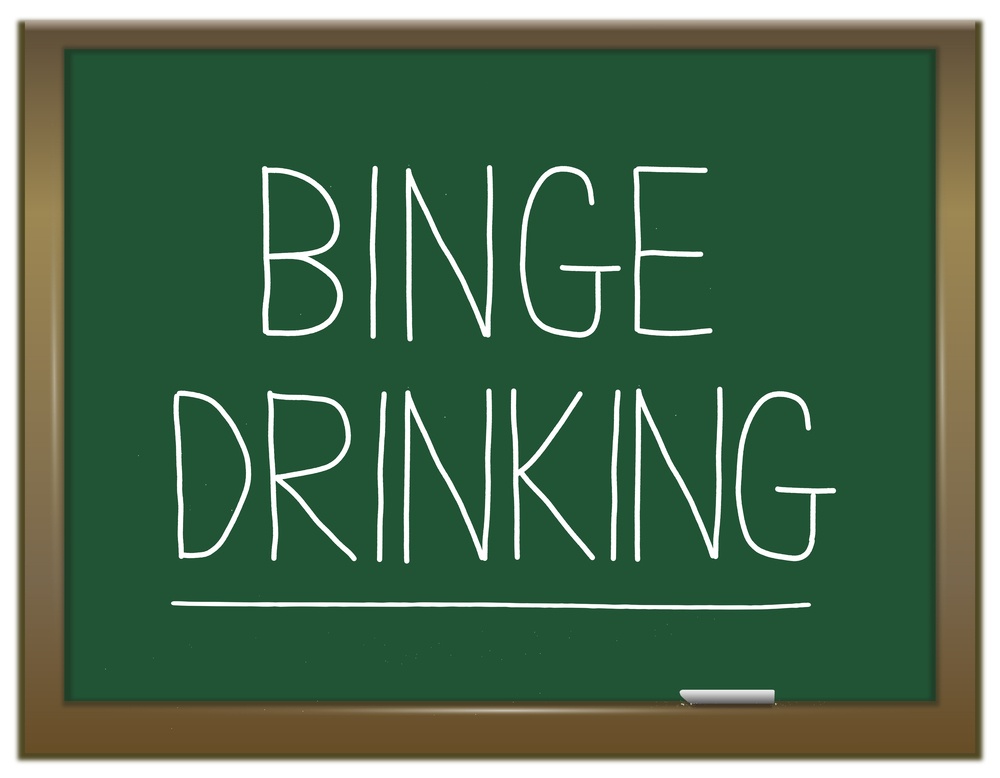What’s the Number One Party School? Most likely, it’s whatever college or university your student attends.
Sometimes my clients (or rather, the parents of my clients) ask me to find a school for their student that is not a “party school.” However, with few exceptions, nearly every school is a party school. Young people between the ages of 18 and 22 are prone toward experimentation. They take risks. They push boundaries. Intellectually and academically. Of course, we want our kids to take risks and push boundaries: this is how they grow and develop. But with alcohol, we’d prefer to save kids from this propensity to explore.
Yet as parents, we must embrace the likelihood that the overwhelming majority of our kids will experiment with alcohol at some point—no matter which college or university they attend.
And so parents are nervous that drinking on campus is somehow worse than it used to be. However, we should know that the Center for Science in the Public Interest reports that the incidence of binge drinking on campus has remained fairly stable over time.
We cannot, therefore, control everything our child does when the go off to college. But we can select the institution where this experimentation will take place.
And different colleges have different approaches to alcohol consumption. Which approach fits the student best?
I recently spent a day visiting two colleges in the San Francisco Bay Area of northern California. Interestingly, both colleges made a point of communicating their institutional policies toward the consumption of alcohol. And the two could not be more different in their approach.
“Open Door” Alcohol Policy
One has an “open door” policy. This college pledges to uphold state law prohibiting underage drinking. However, the college also takes a practical approach–they recognize that underage drinking is going to happen not matter what. Therefore students are told that if they are going to consume alcohol in their residence halls, they must keep their doors open. They are not to drink in private or in secret. Therefore, peers can keep an eye not so much on consumption, but on the anti-social and sometimes dangerous behaviors that result from over-consumption.
Furthermore, students are told that if any student becomes ill as a result of alcohol consumption, they are to take the student immediately to the Resident Advisors in the dorms, with a “no questions asked” policy: The emphasis is on the safety and welfare of the student, and not on prohibition and punishment.
Alcohol Policy from Dry Campus
A few hours later, I got to visit another campus. The approach could not have been more different. The campus is strict. Very strict. The College operates a small campus pub, where students aged 21 and over can drink alcohol. In fact, the college gives it away to students—with some restrictions (no more than one drink per hour, for example). However, underage students who are caught drinking on campus are severely punished. The first time students are caught, they are given a strong warning. The second offense can result in expulsion, and the Provost of the college asserted that students have been thrown out of the college for underage drinking.
Yet the effect of this policy, as the provost admitted, has been to drive underage drinking off campus into student apartments near the college. There, campus police have no jurisdiction. And, the municipal authorities have little interest in catching students with a bottle of beer—unless those students’ behavior disturbs the peace. And some may argue (as have the members of the Amethyst Initiative), draconian alcohol policies that tolerate no underage drinking are actually contributing to antisocial and dangerous behaviors among their students.
How to Make Your Decision
So which sort of approach is best? I certainly have my own views, but students and parents have to consider which kind of approach they think best.
It’s important to note, however, that just because a campus is “dry” (no alcohol of any sort is allowed on campus, even for students of legal age) as a matter of policy does not mean it is dry in actual fact. I recently visited a buttoned-down Baptist university with a dry campus. The tour guide confided in me that his fraternity was on probation because of repeated violations of the alcohol policy (this campus, apparently has a strong policy that is weakly enforced).
The fact is that drugs and alcohol are readily available on nearly every campus in the United States. Furthermore, the fact is that most students, at one point or another, will experiment with alcohol. Students and parents need to discuss these facts during high school, and during the college selection process.

